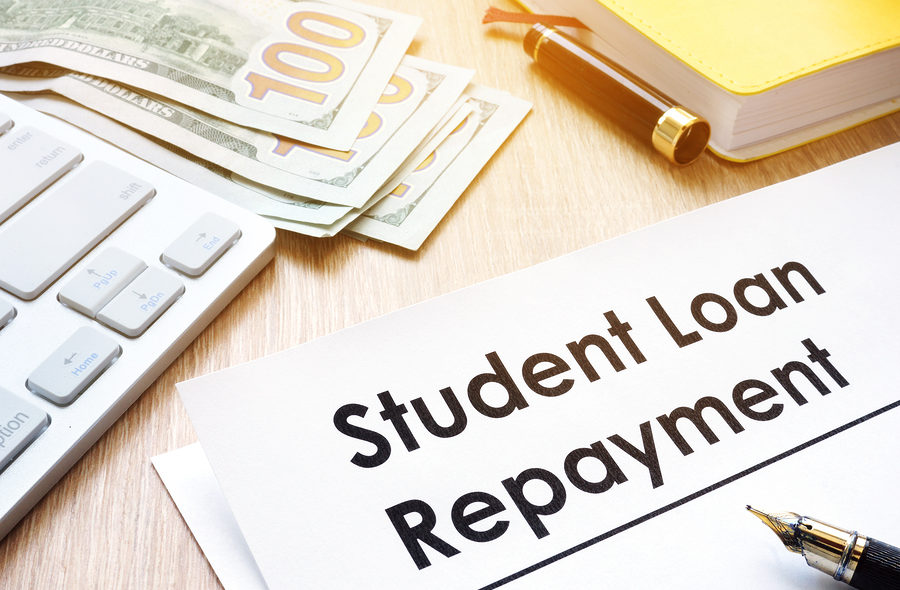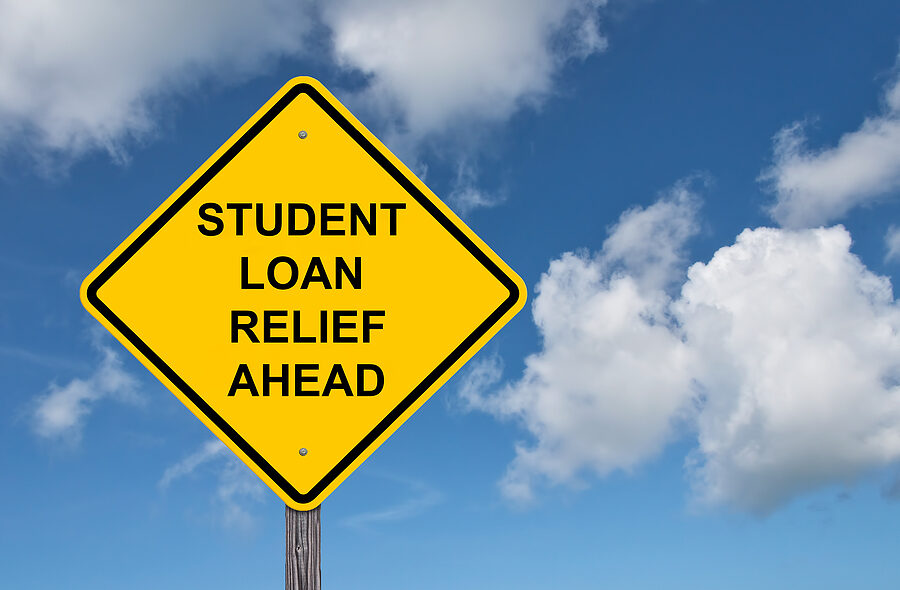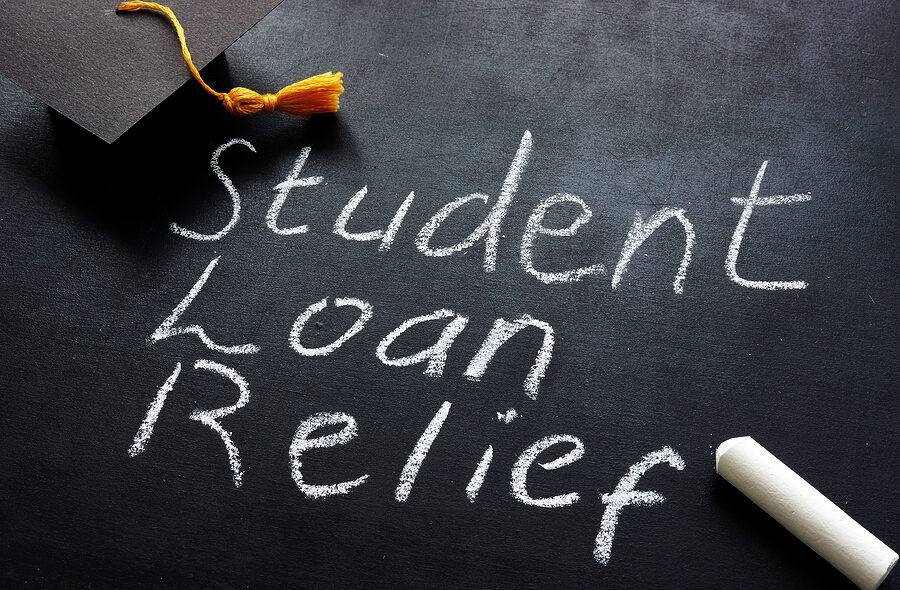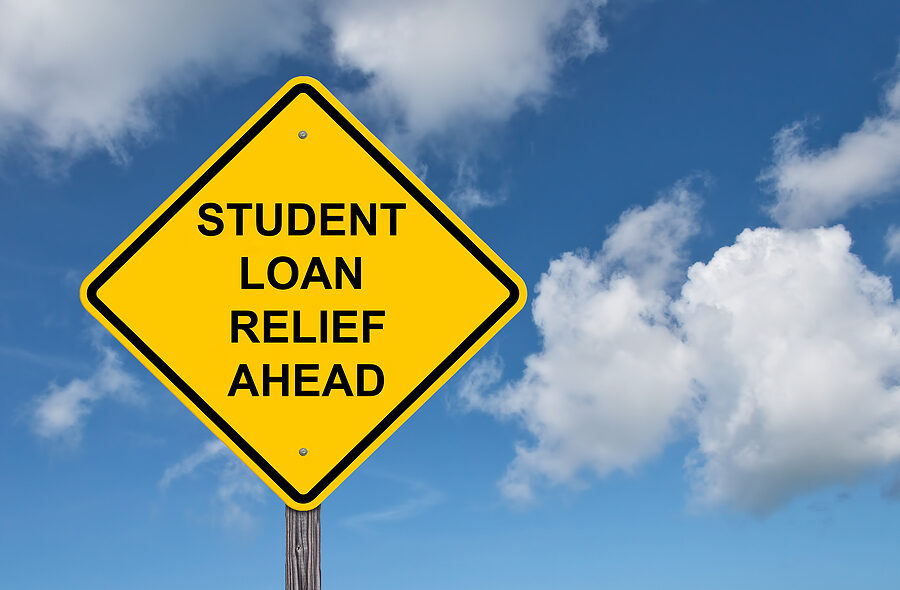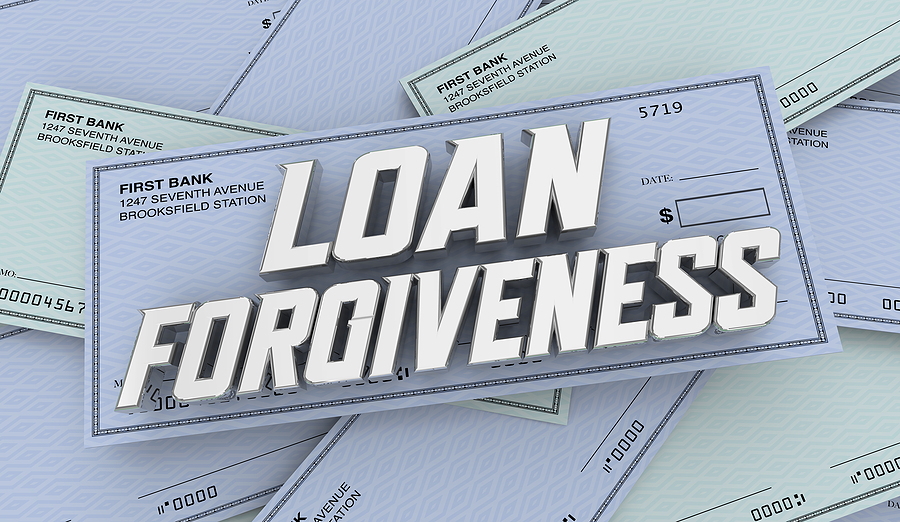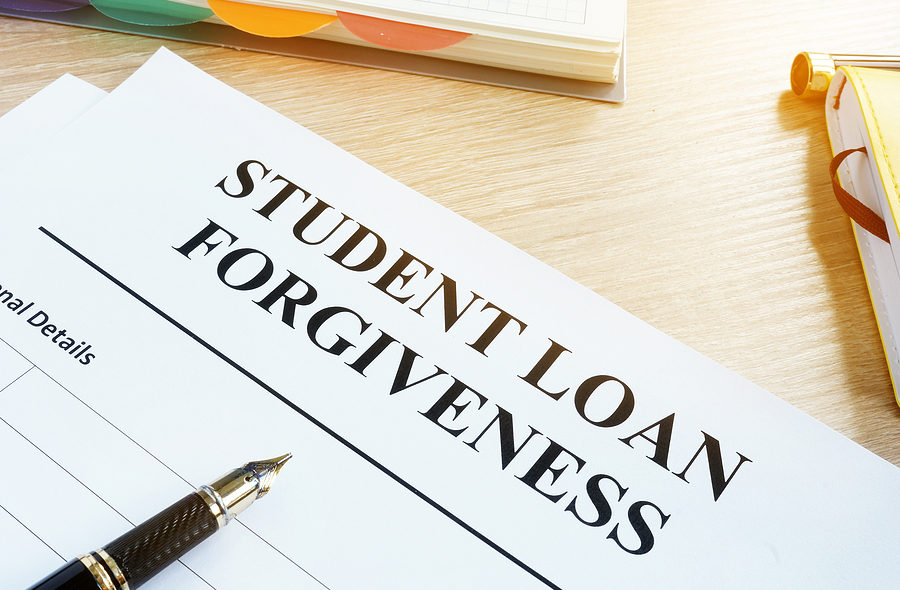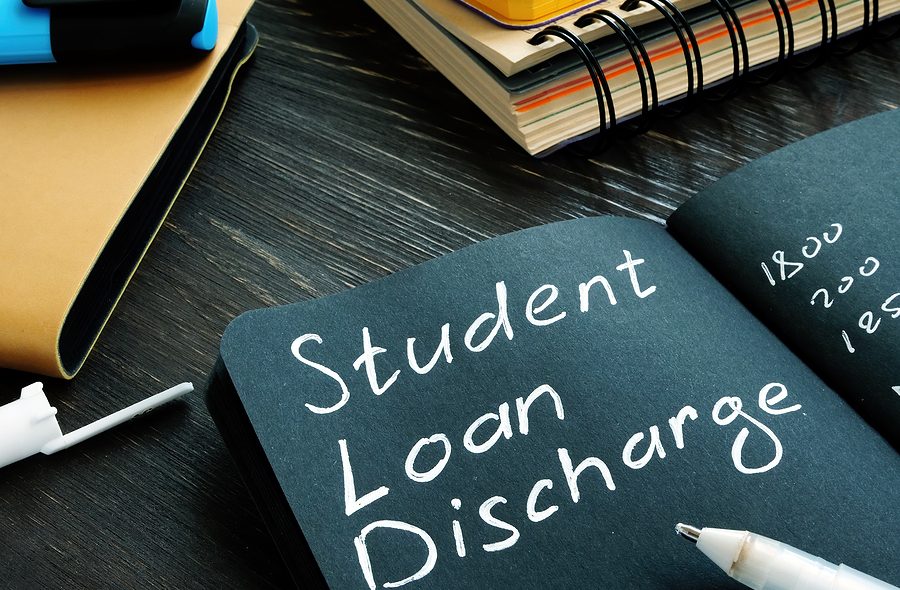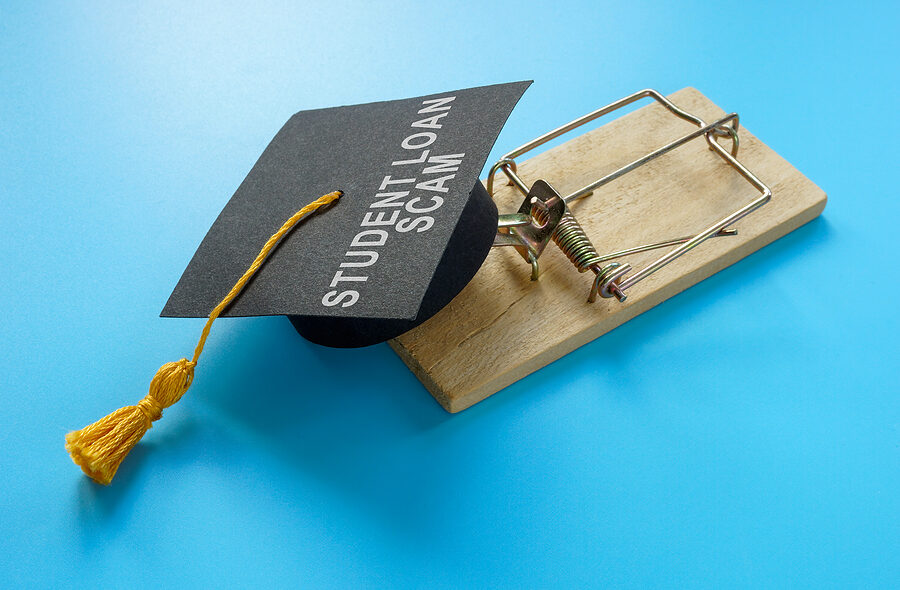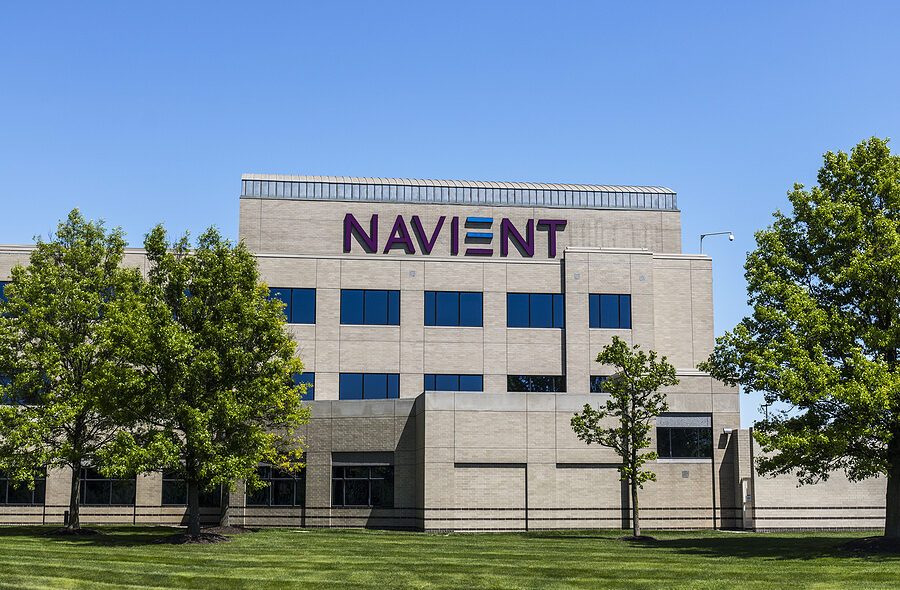Beginning May 5, 2025, the Education Department will begin collection efforts on federal student loans that are in default. The action will impact borrowers who have not made payments on their federal loans for more than nine months.
Roughly 5.3 million borrowers are in default on their federal student loans. The announcement marks an end to a grace period that began during the COVID-19 pandemic. No federal student loans have been referred for collection since March 2020, including those in default. Under President Biden, the Education Department tried multiple times to grant forgiveness of student loans, only to be stopped by courts.
Beginning May 5, the department will begin involuntary collection through the Treasury Department’s offset program, which withholds government payments — including tax refunds, federal salaries and other benefits — from people with past-due debts to the government (i.e. – federal student loan debt). Those borrowers who are in default on their federal student loans could be at risk of having their wages garnished.
Click here to read more.
For borrowers who are struggling with student loan debt, relief options are available. Many student loan borrowers are unaware that they have rights and repayment options available to them, such as postponement of loan payments, reduction of payments or even a complete discharge of the debt. There are ways to file for bankruptcy with student loan debt. It is important you contact an experienced Miami bankruptcy attorney who can advise you of all your options. As an experienced CPA as well as a proven bankruptcy lawyer, Timothy Kingcade knows how to help clients take full advantage of the bankruptcy laws to protect their assets and get successful results. Since 1996 Kingcade Garcia McMaken has been helping people from all walks of life build a better tomorrow. Our attorneys help thousands of people every year take advantage of their rights under bankruptcy protection to restart, rebuild and recover. The day you hire our firm; we will contact your creditors to stop the harassment. You can also find useful consumer information on the Kingcade Garcia McMaken website at www.miamibankruptcy.com.

